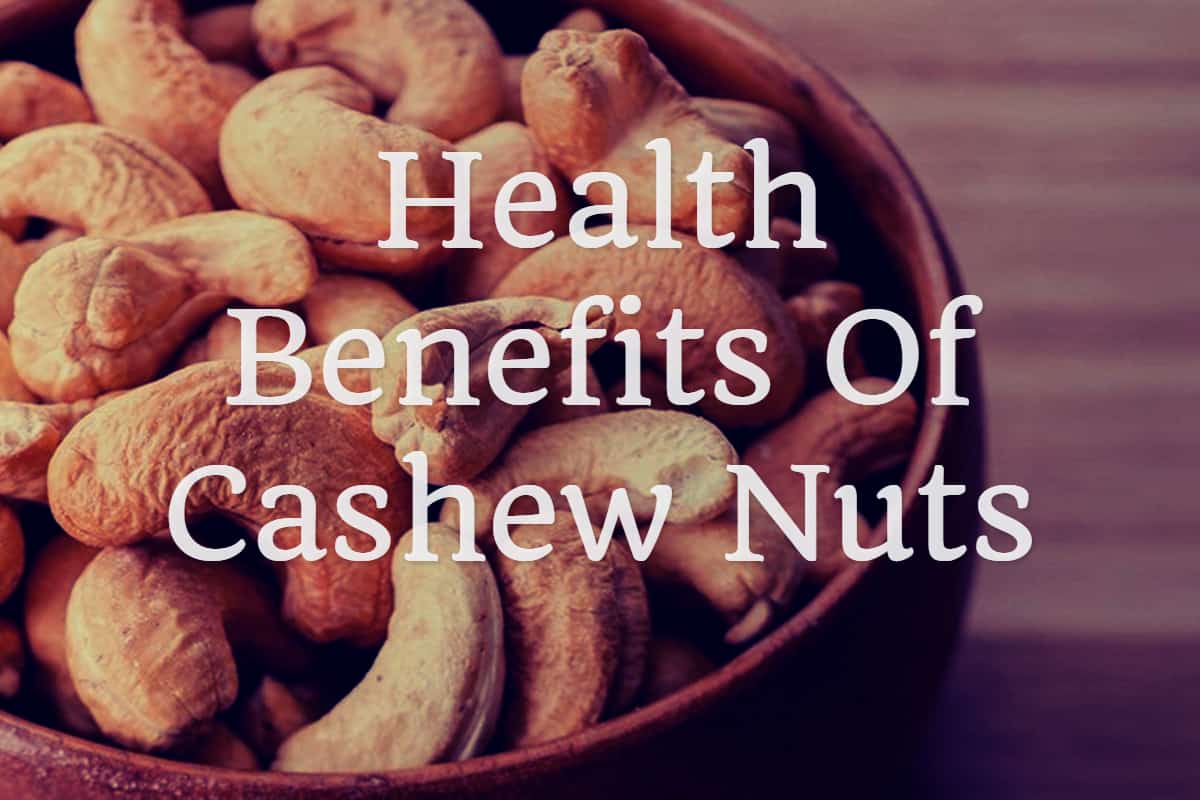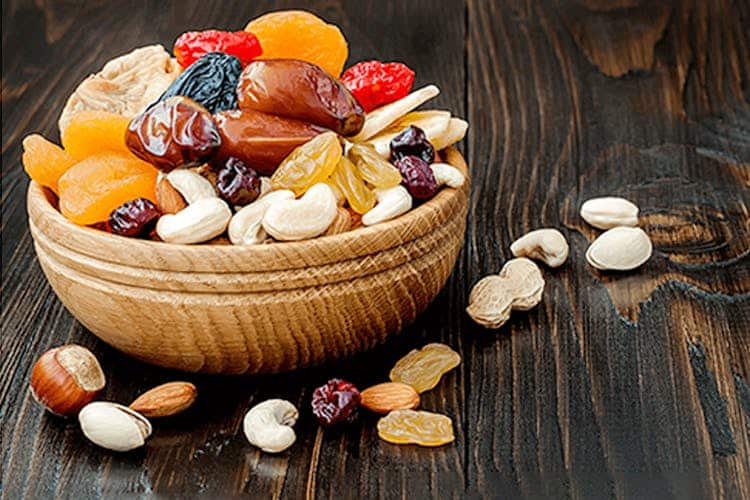Blog
Exploring the Health Benefits of Flavored Cashews?

There are many benefits to eating cashews. These little guys are more than just a snack; they’re rich in protein and fiber, and they contain essential vitamins and minerals our bodies need. Flavored cashews add another layer of flavor and variety to this healthy snack choice.
Flavored cashews are a great way to get your daily dose of nutrients.
Cashews are a great source of iron, which is essential for maintaining energy levels. In addition to being high in protein and fiber, they may also lower blood pressure and reduce inflammation.
Cashews are also rich in magnesium, which can help boost your mood by reducing anxiety or depression. Eating cashews may also help you lose weight: A study found that eating 40 grams (about 1/4 cup) per day resulted in reduced waist circumference and body fat percentage over time compared with participants who ate no nuts at all during this period.* This is likely due to their high monounsaturated fat content; according to one study published in the journal Nutrition Reviews , consuming nuts like cashews can make you feel full without contributing too many calories.* Lastly but certainly not least importantly: Flavored cashews provide an excellent source of nutrients such as vitamin E (which protects against heart disease), calcium (a building block for strong bones), folate (important during pregnancy) plus many more!
Cashews are a good source of iron.
Cashews are a good source of iron. Iron is an essential mineral that helps your body make red blood cells and carry oxygen to the cells in your body. Iron also plays a role in many other functions, including energy production and metabolism.
Cashews have more iron than peanuts do, making them a better option if you’re looking to increase your intake of this trace mineral. In fact, cashews contain more than twice as much of this vital nutrient than most other nuts!
Cashews are also a good source of copper, which helps with the production of red blood cells. Copper is also important for bone development and proper functioning of enzymes involved in energy metabolism.
Cashews are high in protein.
Cashews are high in protein, with one ounce (28 grams) providing 6 grams of the stuff. They’re also rich in zinc, magnesium and iron–all essential nutrients that help our bodies function properly. Cashews contain all the essential amino acids needed to make muscle tissue, which is why they’ve been called “the muscle nut” by some nutritionists!
Cashews are a good source of fiber too–a single serving provides about 3 grams of it (more than half your daily requirement). This makes cashews especially beneficial for those following a high-fiber diet plan like South Beach or Weight Watchers since they can help reduce blood sugar levels after meals by slowing down digestion until you’re ready for your next meal.
Finally–and perhaps most importantly–cashews may help protect against gallstones by reducing bile acid production when eaten regularly over time; this means less cholesterol will be converted into bile acids and excreted via stool thus reducing its concentration in your system.*
Cashews may lower blood pressure.
- Cashews are high in potassium and magnesium, both of which have been shown to help reduce blood pressure.
- Cashews are also high in fiber, which studies show can lower blood pressure by improving digestion and eliminating waste from your body more efficiently.
- Not only do cashews contain serotonin–the hormone that regulates mood and sleep patterns–but they’re also packed with antioxidants like flavonoids (a type of antioxidant) that may help prevent damage from free radicals in the body.*
Cashews contain many essential vitamins and minerals, including: Zinc (a mineral that helps maintain the body’s immune system and protect against infections)
Cashews may reduce inflammation.
Cashews are rich in magnesium, an essential mineral that plays a key role in many bodily processes. Magnesium supports your immune system by boosting its ability to fight off infection and disease. It also helps regulate blood sugar levels, which can help you avoid symptoms of diabetes like high blood pressure or fatigue.
Cashews may also reduce inflammation caused by conditions like arthritis or sore muscles after exercise. A study published in Nutrients found that participants who took daily doses of 500 mg of magnesium had lower levels of C-reactive protein (CRP), an inflammatory marker linked to heart disease risk factors like high cholesterol and triglycerides when compared with people who didn’t take any supplements at all over the course of six months–and those results were even better than those seen among individuals taking 1 g per day!
Eating cashews may help you lose weight.
Cashews are a good source of protein, fiber and fat. They are also low in sugar and calories compared to other nuts.
Cashews contain high amounts of vitamin E, magnesium, selenium and iron which can help lower blood pressure and improve heart health.
They are also a good source of protein and contain significant amounts of niacin, riboflavin, thiamine and vitamin B6. The health benefits of cashews include lowering cholesterol levels, reducing inflammation and preventing heart disease.
Flavored cashews can help improve your focus and concentration.
Cashews are rich in magnesium, a mineral that is important for brain function. They also contain iron, which helps to keep your mind clear and focused. Cashews contain protein, which helps our brains to function properly.
Cashews are rich in B vitamins including thiamin (B1), riboflavin (B2) and niacin (B3). These vitamins help the body convert food into energy so that you have more energy throughout the day without feeling sleepy or tired at all times!
Cashews contain phytosterols which help reduce cholesterol levels within the body by reducing absorption of dietary cholesterol from other foods consumed with cashew nuts such as cheese pizza or burgers etcetera…
Cashews are a nutrient-rich snack that can be used in many different recipes to add flavor and texture to dishes
Cashews are a nutrient-rich snack that can be used in many different recipes to add flavor and texture to dishes.
They’re also high in fat, but it’s the good kind of fat. Cashews contain both monounsaturated and polyunsaturated fats, which are known for their ability to lower LDL (bad) cholesterol levels when consumed regularly.
Cashews also provide protein and fiber for digestive health, as well as iron for energy production–all of which make them an ideal afternoon pick-me-up snack!
In addition to being good for you, cashews come in many different flavors such as salted or roasted; honey roasted; jalapeno chili lime flavored with sea salt or cayenne pepper powder added on top before roasting; garlic parmesan seasoned with parsley flakes…you name it! So whether your taste buds prefer sweet or spicy foods (or even both), there will always be something available at your local grocery store that suits everyone’s preferences perfectly.”
The health benefits of flavored cashews are numerous, and there are many ways to enjoy them. You can sprinkle them on salads for extra crunch and flavor or use them instead of croutons in your favorite salad dressing recipes. They’re also perfect for adding texture to smoothies, granola bars or other baked goods where nuts are traditionally used as an ingredient. And don’t forget about dessert! Cashews make great ice cream toppings when mixed with chocolate chips or peanut butter cups–just remember not eat too much at once because these snacks pack a lot of calories into each serving size!



